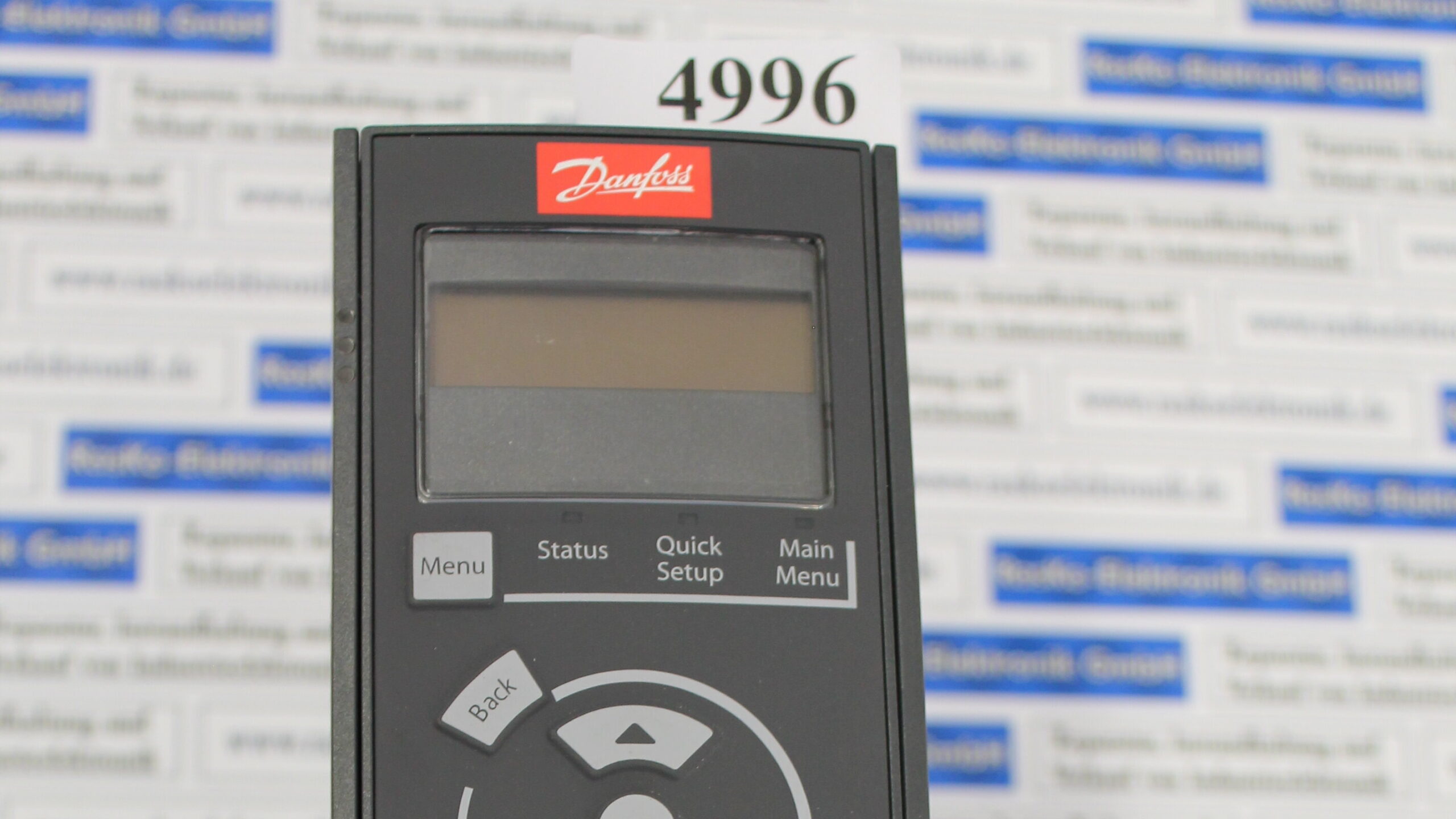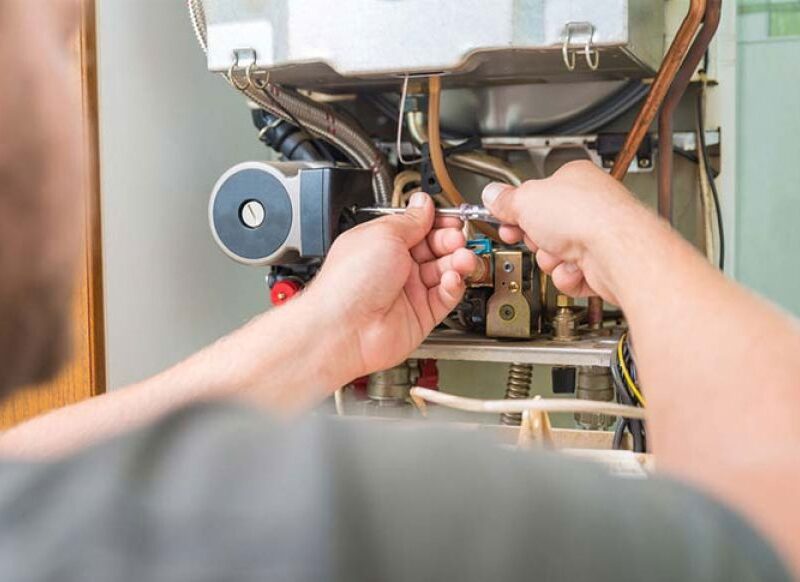Inverter Frequenzumrichter Danfoss SEW Lenze Siemens reparieren lassen has revolutionized the way we manage and consume electricity, introducing efficiency and flexibility into our daily lives. From powering household appliances to driving industrial machinery, the widespread adoption of inverter technology has significantly transformed the landscape of electrical power consumption.
At its core, an inverter is an electronic device designed to convert direct current (DC) into alternating current (AC). This technology plays a pivotal role in various applications, offering a range of benefits including energy efficiency, precise control, reduced noise, and improved performance.
The fundamental principle of an inverter lies in its ability to convert the fixed DC input into variable AC output. Unlike traditional systems that operate at fixed speeds, inverters allow for variable speed control, dynamically adjusting the frequency and voltage according to the load demand. This capability not only conserves energy but also enhances the performance of electrical devices by delivering the precise amount of power required.
One of the significant advantages of inverter technology is its widespread application in household appliances. Inverter-based refrigerators, air conditioners, washing machines, and other home electronics have gained popularity due to their energy-saving features. These appliances employ variable-speed motors enabled by inverters, leading to reduced power consumption, quieter operation, and prolonged lifespan of the equipment.
In industrial settings, inverters are integral components in machinery and equipment across various sectors such as manufacturing, agriculture, and transportation. The ability to control the speed and torque of motors using inverters has led to enhanced productivity, optimized processes, and reduced operational costs. Industries benefit from the precise control and flexibility provided by inverter technology, enabling them to adapt to changing operational requirements efficiently.


